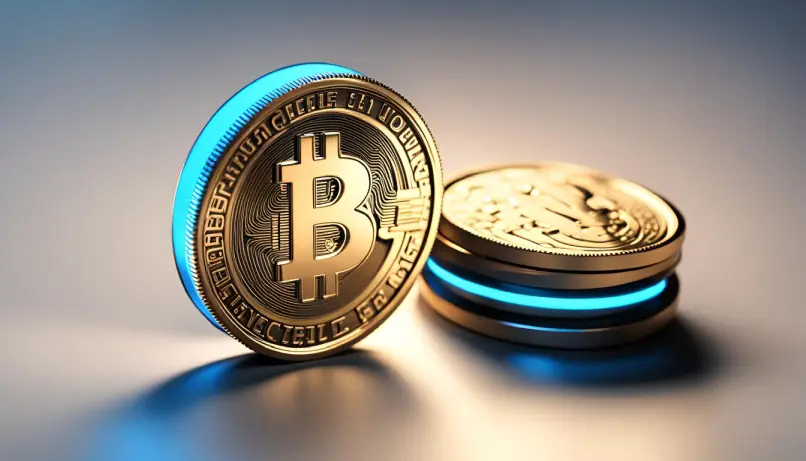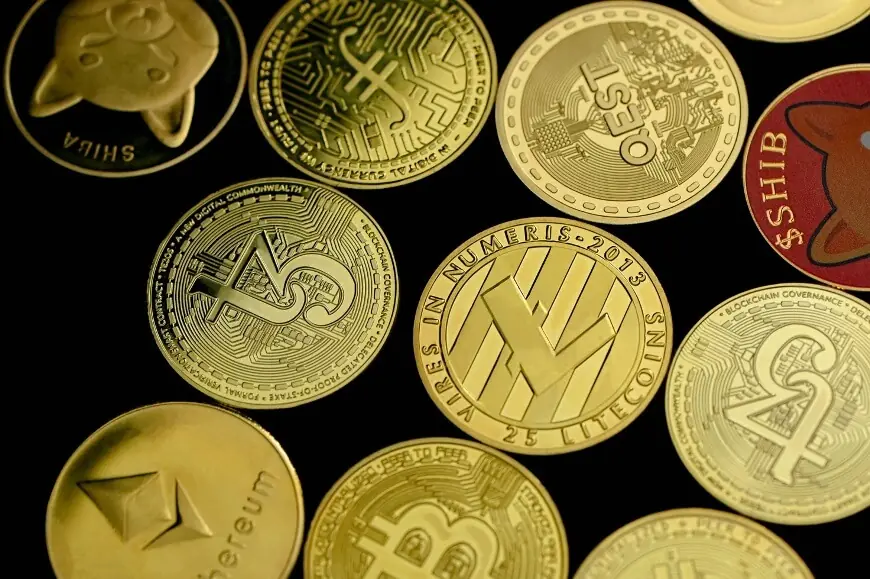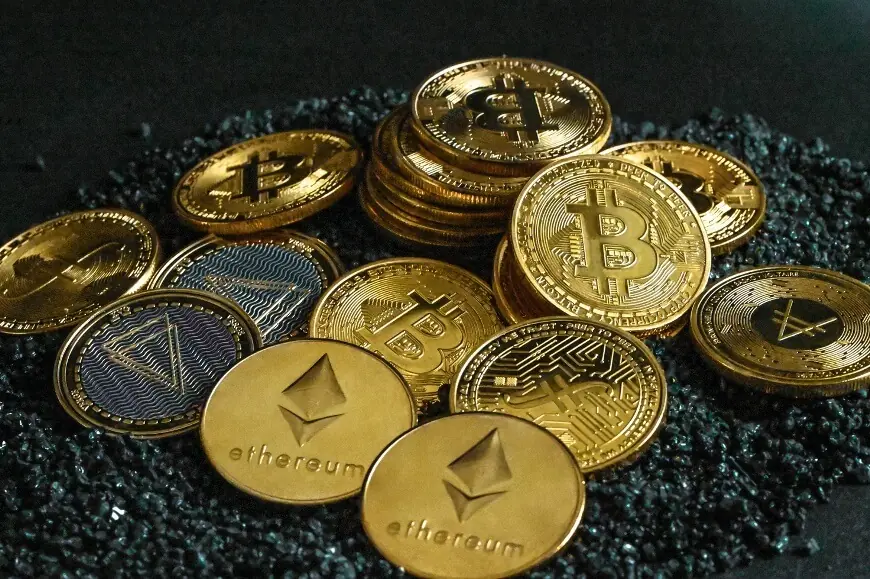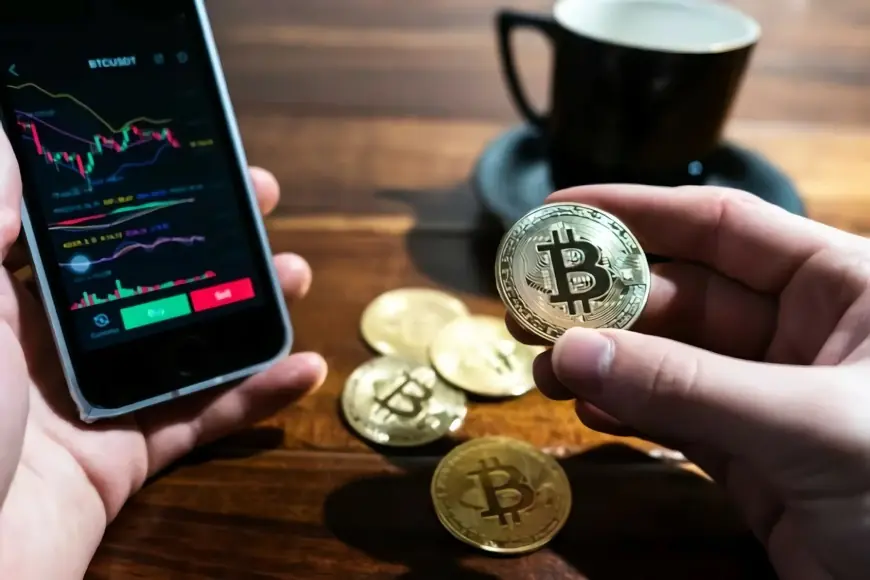

Understanding Bitcoin vs. Litecoin: A Beginner’s Guide
Cryptocurrencies like Bitcoin (BTC) and Litecoin (LTC) have captivated the world for over a decade, but understanding their differences can be challenging. This guide simplifies these concepts for beginners.
Overview of Bitcoin and Litecoin
Bitcoin: The Pioneer
Bitcoin emerged as the first true digital currency, offering a future free from banks and enabling global, secure transactions. Its address system, comprising 26-35 alphanumeric characters, underpins a unique network commodity with a capped supply of 21 million BTCs. Bitcoin operates on a deflationary model, with a pre-determined emission schedule, sparking debate among economists.
Litecoin: The ‘Silver’ to Bitcoin’s ‘Gold’
Litecoin, developed by ex-Google engineer Charles Lee in 2011, mirrors Bitcoin’s principles but boasts faster transaction speeds and enhanced security. It’s open-source, allowing for adaptations and improvements, and was one of the first to adopt Segregated Witness (SegWit) technology, significantly boosting its value.
Similarities and Differences
Decentralization and Mining
Both Bitcoin and Litecoin are decentralized, lacking a central authority, which equalizes rights and opportunities for users. They also share the proof-of-work mechanism, though the code differs slightly in Litecoin. Group mining is a common practice in both, but the process is cheaper and more efficient when miners pool their resources.
Transaction and Storage
Blockchain technology underpins both cryptocurrencies, allowing users to transact globally without relying on banks. Transactions are grouped and validated by nodes, with miners rewarded in new coins and fees. However, Litecoin’s faster block generation process allows for more efficient transaction handling, despite resulting in a larger blockchain size compared to Bitcoin.
Mining Algorithm and Speed
Bitcoin uses the SHA-256 mining algorithm, while Litecoin utilizes scrypt, which is four times faster and less energy-intensive. This results in quicker confirmation times for Litecoin, though some argue that SHA-256 might be more secure due to its longer processing time.
Market Presence and Investment Potential
Bitcoin, with a market capitalization significantly higher than Litecoin’s, is often considered a more stable investment. However, Litecoin’s growing popularity and technical advantages, such as faster transaction times and lower fees, make it an attractive alternative for everyday transactions and potential long-term growth.
Future Developments
Both currencies aim to reduce payment times further using technologies like the Lightning Network. This innovation could potentially bridge the gap between Bitcoin and Litecoin, making both more efficient in transaction processing.
Mining Accessibility
Bitcoin mining requires substantial investment and specialized equipment, making it less accessible to the average person. In contrast, Litecoin’s simpler mining process and lower entry barriers offer more opportunities for individual miners and smaller mining operations.
Environmental Impact
The energy-intensive nature of Bitcoin mining has raised environmental concerns. Litecoin’s more energy-efficient mining process presents a greener alternative, aligning with the growing awareness of cryptocurrency’s environmental impact.
Store of Value
Like gold, cryptocurrencies can act as stores of value. Both Bitcoin and Litecoin have limited supplies, which could make them reliable value stores in the long run. Bitcoin, being older, is closer to reaching its supply limit, potentially stabilizing its value sooner than Litecoin.
Accessibility and Use
While Bitcoin is more widely recognized and accepted, Litecoin’s faster and more affordable transactions make it more suitable for everyday use and smaller purchases.
The Future Outlook
The future of Litecoin depends on investor sentiment, regulatory changes, and overall market conditions. As the crypto landscape evolves, Litecoin’s role may shift, influenced by these external factors.
Conclusion: Embracing Diversity in Cryptocurrency
Bitcoin and Litecoin both play significant roles in the cryptocurrency world. While Bitcoin remains a leading force, Litecoin’s distinct features and growing acceptance highlight the diversity and dynamic nature of the crypto ecosystem.



